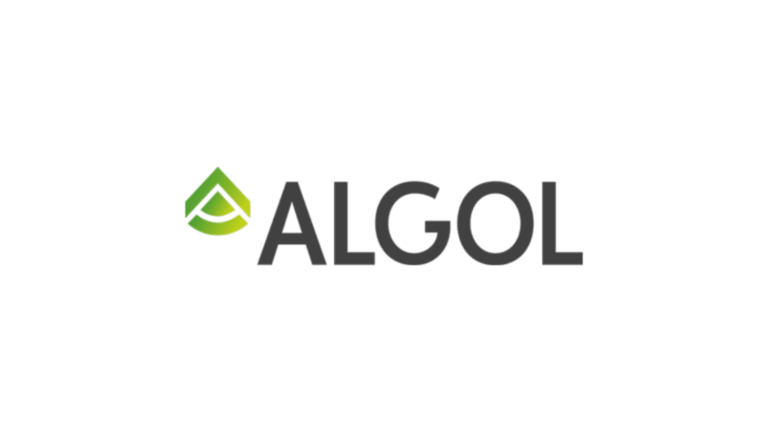
In early September, the inquiry into new consumer purchase rules submitted a report with a proposal for a new law on consumer protection regarding the purchase of goods and certain other transactions. The new law is proposed to regulate both in-store purchases and online purchases.
The purpose is to implement two EU directives (the Directive on certain aspects concerning contracts for the sale of goods, and the Directive on certain aspects concerning contracts for the supply of digital content and digital services) which both regulate consumer protection and aim to promote a high level of consumer protection through common rules on purchase agreements and agreements on the provision of digital content between traders and consumers. The new law is proposed to enter into force in Sweden on 1 January 2022.
We spoke with Magnusson’s experts Helena Rönqvist and Linnéa Svedberg who have summarised the key changes.
What are the main changes to consumer protection?
There are three key areas that are affected:
- the purchase of digital content and digital services;
- new rules on defects and subsequent penalties; and
- the clarification of guarantees.
The new law will replace the current Consumer Purchase Act. While some of the old provisions will be retained, there will also be some completely new provisions. The implementation of the new law as well as the EU directives will also mean amendments to certain other existing laws, for example the Product Liability Act and the Marketing Practices Act.
The biggest change in relation to the current Consumer Purchase Act is the bill’s provisions on the provision of digital content and digital services. The current Consumer Purchase Act does not explicitly cover such agreements, and this has previously led to ambiguity and debate about how agreements concerning consumers’ acquisition of digital products that are delivered electronically should be assessed legally. Several of the consultative bodies that have now been asked to comment on the bill are companies that provide digital services and digital content. It can therefore be assumed that there is significant interest among the companies consulted to be involved in influencing the design of the new law. In this context, however, it is important to point out that the bill is based on EU directives, which reduces the possibility of deviating from provisions that follow the content of the directives.
Digital content and digital services
The new law will apply to the purchase of digital content or digital services, such as the downloading or streaming of music and movies. This is a new development as there are no explicit provisions on digital content in the current consumer legislation.
The bill contains, among other things, rules on what requirements the consumer can apply to what is sold. For example, a seller of digital services or content for a certain period must inform the consumer about any updates and provide access to these. Such updates can often be installed remotely via the Internet and, against that background, it was considered to be reasonable to impose such obligations on the seller to inform consumers about and provide the updates.
The inquiry also proposes special regulations in the new law in respect to the conclusion of contracts for the provision of digital content or digital services. Further, the bill contains a special rule on the conditions for the trader to change attributes in the digital content or the digital service and the possibilities for the consumer to terminate the agreement in certain cases in the event of such changes.
New rules on defects and subsequent penalties
The bill contains new rules on defects and subsequent penalties. For example, the period of time the trader is responsible for defects. It has been proposed that the period in which the so-called reverse burden of proof applies to the seller be extended from six months to one year. This means that an error that occurs within one year from the delivery date must (in most cases) be assumed to have been there from the beginning unless the seller shows that the error was not there at the time of purchase. For the digital aspects of a product, it is proposed that certain separate provisions apply to the reverse burden of proof but also to the time of the assessment of the defect and the final deadline for complaints.
According to the current Consumer Purchase Act, the consumer only has the right to cancel the purchase if the defect is of significant importance to them. However, under the new law it is instead proposed that the consumer may not cancel the purchase if the seller shows that the defect is minor. It is clear from the inquiry that this is not intended to involve any change in substance regarding how serious a defect must be in order to give rise to the right to revocation. New rules are also proposed regarding re-delivery.
Clarification of guarantees
The new law proposes a provision to clarify that in cases where someone other than the seller has provided a guarantee or similar commitment, the consumer can turn to the guarantor in accordance with what applies under the guarantee. If it is the manufacturer of the product that is the guarantor and it has made an undertaking that it will be responsible for the durability of the product for a certain period of time, the consumer must always have the right to demand that the guarantor remedy the defect or provide a re-delivery. Further, it is proposed that the conditions of the guarantee may at times be those that appear on the marketing of the product, if the conditions for the guarantee according to the guarantee certificate are less favourable for the consumer than those that were promised in the marketing.
What is the next step in the legislative process?
The report has now been published for consultation. Among the consultative bodies are not only state actors, but also many large private companies. Responses to the consultation must be received no later than 11 November 2020. The new law is proposed to enter into force on 1 January 2022.
Contact

Helena Rönqvist
Partner / Head of IT/IP and Media
Commercial, AI Law, Data Protection, Intellectual Property, Media, Sports and Entertainment, Retail and consumers, Technology
Send me an email +46 8 463 75 00 +46 73 610 36 70









